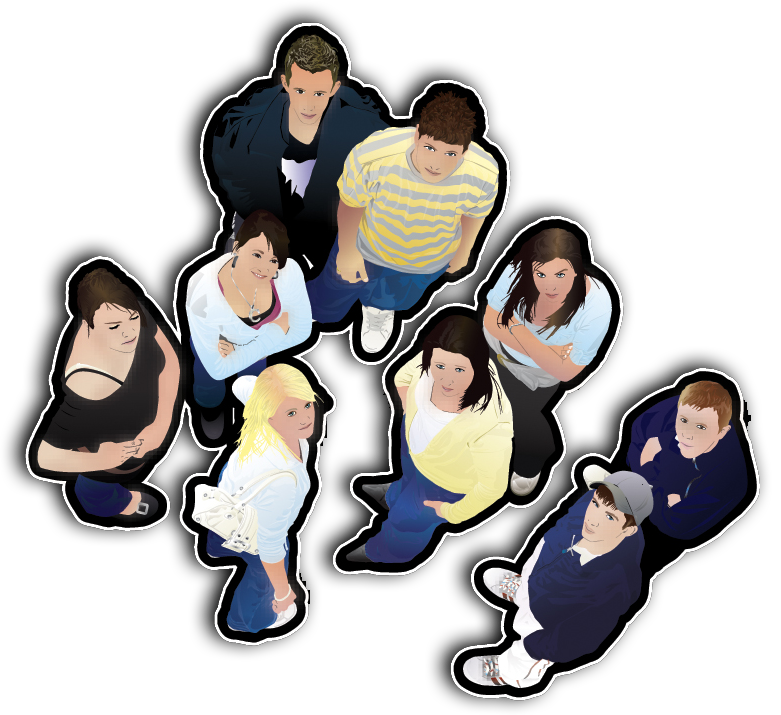The dangers of of being online
The internet is a big part of our lives but there are dangers you should know about when you go online.
Passwords
You should keep your passwords private. Even sharing your password with your best friend could have consequences.
If you give someone your password, they could post things pretending to be you. They could also read your private messages or change the password and lock you out.
Remember:
- Have good password that's at least 16 characters. Use random words, numbers and characters, e.g. OrangeFrog2Doughnuts.
- Use 2-factor authentication where possible.
- Consider using a password manager.
Privacy
Your personal information needs to be private. Anything you post on the internet becomes public information.
Check your privacy settings, including on your gaming accounts. Make sure only the people you want to see your profile and posts can do so.
Social media
The terms and conditions of most social media sites say you must be 13 or older to use the site. This is to protect you.
Be careful what you say or post. Ask yourself, "Would I want my mum/teacher/stranger on the bus to see this?" If the answer's no, don't post it.
Learn how to block people you don't know from messaging you. If you feel someone is bullying you or acting strange, report their account.
People are not always what they seem. You're safer if you only chat to people you know in the real world. If someone you have only had contact with online wants to meet in person, tell an adult that you trust.
Take a break
Sometimes being online is not healthy or helpful for you or a friend. This means that you may need to take a break from being online.
Some signs that the internet may be causing you harm include:
- It becomes an addiction – you can’t think or talk about anything else
- You are missing out on other activities or time with friends and family
- Your schoolwork is suffering
- You are not sleeping or eating well
- You feel isolated, anxious or worried
- You feel worse after being online
- You are behaving in a way that ‘isn’t you’
- You cannot be away from your phone or other device for any length of time
Take some time out from your devices and speak to friends for support. Tell a trusted adult if you need more help.
You can also go to the Childline website or contact them on the phone, by email or online.
Are you 13 or over?
The terms and conditions of most social media sites require you to be aged 13 or over so be responsible and nail those privacy settings!
